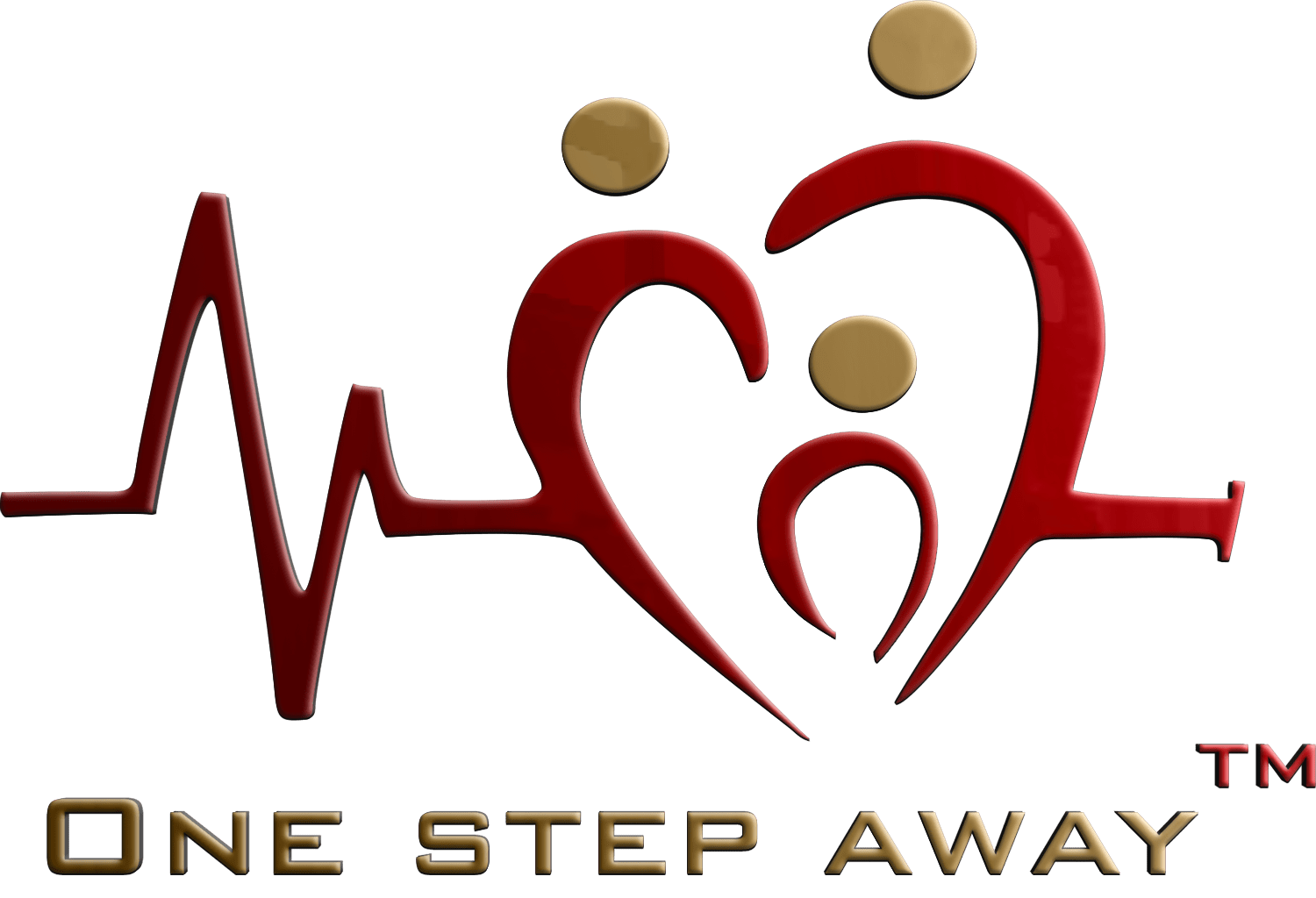Dr. Suraj has a vast experience of 7 years in cardiology. He has done his M
- 7 Bala ji Plaza Grover Market Hisar, Haryana, India 125001
About Dr Suraj Singh:
Hospital: AMRITDHARA my Hospital
City: Karnal
Qualification: M.B.B.S.,M.D.,D.M.( Cardiology ),
Dr. Suraj has a vast experience of 7 years in cardiology. He has done his MBBS from MGM Medical College, Indore(M.P), MD from Pt. JNM Medical College , Raipur (Chhattisgarh) and DM from IPGME&R,SSKM Hospital, Kolkata. He had worked as Senior Resident for 3 years in Apollo Hospital & G.B. Pant Hospital New Delhi. He worked as Cardiologist Consultant for 3 years in Citizen Specialty Hospital, Hyderabad. Worked as Cardiologist Consultant for 1 year with QRG Central Hospital and Research Centre, Faridabad. He was Sub Investigator of Odyssey trial of East Zone undergoing in IPGME&R,SSKM Hospital, Kolkata. He has a great experience in cardiology procedures like Angiography, Angioplasty and Pacemaker, ICD device closure.
Services
Advanced Heart Centre:- Cardiovascular Diseases are the number 1 killer worldwide. India has highest number of Cardiac Disease patients in the world. That is why India is designated as the Cardiovascular disease capital of the world. The Advanced Cardiac centre at AMRITDHARA my Hospital has been developed to create awareness among the masses and to provide them with best possible cardiac care in the Karnal & surrounding regions like Kurukshetra, Yamuna Nagar, Kaithal and Panipat. We have a experienced team of Senior Cardiologist, Internist & Intensivistfor the management of cardiac patients. The State-of-the-Art Siemens Artis zee Cath Lab is the most advanced & superior Cath Lab available in the region. Our cardiac department under the mentorship of Dr. Rajneesh Kapoor ( Sr. Director, Interventional Cardiology – MEDANTA) is available 24X7 to handle cardiac emergencies as per latest treatment guidelines. Interventional Cardiology : Coronary Angioplasty (CAG) Peripheral Vascular Intervention Percutaneous Transluminal Coronary Angioplasty (PTCA) Valvular Intervention Structural Heart Intervention Implantable Cardioverter Defibrillator (ICD) Cardiac Resynchronization Therapy (CRT) Arrhythmia Management : 24 hour Holter Monitoring Electrophysiological Studies (EPS) Radio Frequency Ablation (RFA) Pacemaker Major Procedures Angiography Angiography is a procedure that uses X-ray imaging to investigate or examine your blood vessels for a potential heart condition. Angiography is generally a very safe procedure, although minor side effects are common. Angiography helps to diagnose or investigate a number of problems affecting the blood vessels, including: atherosclerosis (narrowing of the arteries), which could mean that a person is at risk of having a stroke or heart attack. Angiography was performed in 46% of patients aged 30-49 years, in 53% of those aged 50 to 64 years, in 33% of those aged 65 to 74 years, and in only 18% of those aged > or = 75 years Angioplasty Angioplasty opens blocked arteries and restores normal blood flow to your heart muscle. It is not major surgery. Angioplasty involves widening the narrowed arteries to treat the condition.People with blockages in their heart arteries may need angioplasty if they are having lots of discomfort in their chest, or if their blockages put them at risk of a heart attack or of dying. Pacemaker A pacemaker is a small device that’s placed in the chest or abdomen to help control abnormal heart rhythms. This device uses electrical pulses to prompt the heart to beat at a normal rate. Pacemakers are used to treat arrhythmias. Arrhythmias are problems with the rate or rhythm of the heartbeat. During an arrhythmia, the heart can beat too fast, too slow, or with an irregular rhythm. A heartbeat that’s too fast is called tachycardia. A heartbeat that’s too slow is called bradycardia. During an arrhythmia, the heart may not be able to pump enough blood to the body. This can cause symptoms such as fatigue, shortness of breath, or fainting. Severe arrhythmias can damage the body’s vital organs and may even cause loss of consciousness or death. A pacemaker can relieve some arrhythmia symptoms, such as fatigue and fainting. A pacemaker also can help a person who has abnormal heart rhythms resume a more active lifestyle. Golden Hour The golden hour is the period of time following a traumatic injury during which there is the highest likelihood that prompt medical and surgical treatment will prevent death. In a cardiac arrest, the first sixty minutes is crucial for diagnosis and treatment. The first hour after the onset of heart attack is called the golden hour. Appropriate action within first 60 minutes of a heart attack can reverse its effects. Breathlessness without any chest discomfort, especially in diabetics. How do you know if your having an early heart attack? Catch the signs early Pressure, tightness, pain, or a squeezing or aching sensation in your chest or arms that may spread to your neck, jaw or back. Nausea, indigestion, heartburn or abdominal pain. Shortness of breath. Cold sweat. Lightheadedness or sudden dizziness. Specialized Programs: Early detection of Heart Disease Program Executive Health Checkup Community Outreach Program Women’s Heart Care Program Cardiac And Diabetes (CAD) Care Program Non- Invasive Test : Electrocardiogram (ECG) An ECG reads your heart’s electrical impulses. It shows how well your heart is beating. How its done? Small sticky dots and wire leads are put on your chest, arms and legs. The leads are attached to an ECG machine which records the electrical impulses and prints them out on paper. Its Purpose is to get the information about whether the heart muscle cells are conducting electricity It helps the doctor to understand the health of the heart and check for any abnormalities, by analyzing the shape of the electrical waves. That’s one of the reasons that
